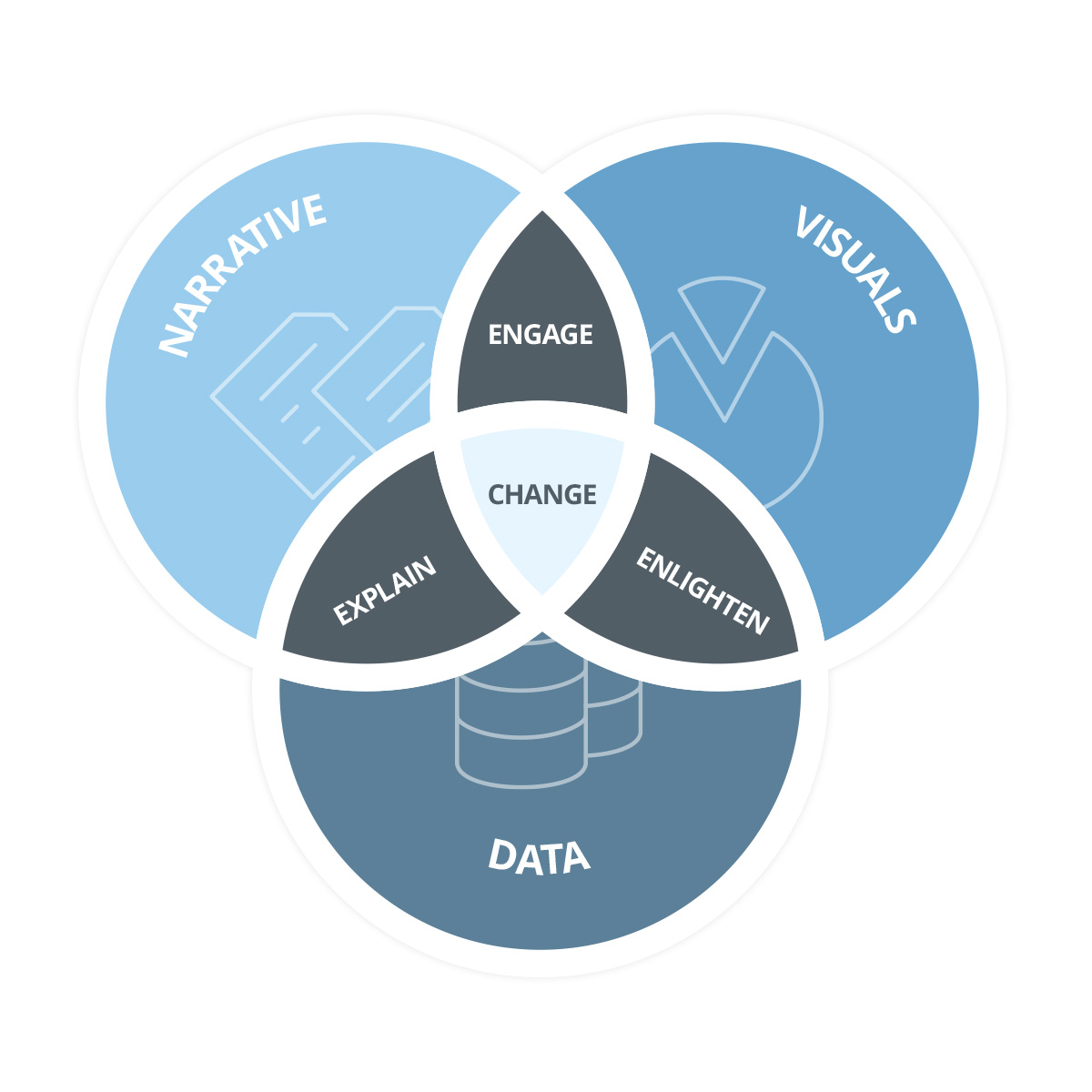
Future Trends in ERP Systems: The Role of AI and Cloud Computing
Enterprise Resource Planning (ERP) systems have been a cornerstone for businesses looking to optimize operations and streamline workflows. As technology continues to evolve, so too does the role of ERP systems in business management. Future trends in ERP technology point to the growing influence of Artificial Intelligence (AI), Machine Learning (ML), and cloud computing, reshaping the way companies manage resources, data, and decision-making processes. In this article, we will explore how these advancements are revolutionizing ERP systems, with a special focus on solutions like SAP Business One and other SAP software, and what businesses can expect moving forward.
The Current State of ERP Systems
ERP systems like SAP Business One have long been essential tools for small to medium-sized businesses. These systems integrate core business functions such as finance, procurement, human resources, and supply chain into one unified platform. By providing real-time data, SAP software allows businesses to operate more efficiently, reduce errors, and improve overall productivity.
However, as the volume of data grows and businesses demand more agility, ERP systems must evolve. The next generation of ERP systems, driven by AI and cloud computing, promises to offer more intelligent, flexible, and scalable solutions for businesses of all sizes.
The Role of Artificial Intelligence in ERP Systems
Artificial Intelligence is one of the most transformative trends shaping the future of ERP systems. AI technologies like Machine Learning (ML), Natural Language Processing (NLP), and robotic process automation (RPA) are beginning to be embedded within ERP platforms, fundamentally changing how businesses interact with these systems.
- Automation and Predictive Analytics
AI-powered ERP systems can automate routine tasks, such as invoice processing, payroll management, and inventory tracking, freeing up human resources for more strategic work. For example, SAP Business One already incorporates AI-driven automation to enhance productivity.
Furthermore, AI can analyze historical data to offer predictive analytics, enabling businesses to anticipate market trends, customer behaviors, and supply chain disruptions. This capability helps businesses to make more informed, data-driven decisions, thereby reducing risks and improving outcomes.
- Intelligent Decision-Making
One of the most significant advantages of AI in ERP systems is the ability to provide intelligent decision-making support. AI algorithms can process vast amounts of data from various sources and offer insights or recommendations that would otherwise be difficult to detect through manual analysis. With AI-driven insights, businesses can optimize everything from demand forecasting to resource allocation. - Enhanced User Experience with NLP
Natural Language Processing (NLP) is another area where AI is transforming ERP systems. NLP allows users to interact with ERP software using everyday language, making it easier for non-technical employees to navigate complex systems. For instance, SAP software is increasingly integrating voice-activated assistants that can respond to queries, schedule reports, and perform tasks based on verbal commands.
The Impact of Cloud Computing on ERP Systems
Cloud computing is another game-changing trend that is reshaping the ERP landscape. Cloud-based ERP systems offer numerous benefits over traditional on-premises solutions, such as flexibility, scalability, and cost-effectiveness.
- Scalability and Flexibility
With the help of cloud-based ERP solutions like SAP Business One, businesses can grow their operations in a scalable manner. This kind of scalability is important for small and medium-sized businesses that are looking for ways to expand without being overtly limited by the requirement for physical infrastructure. Considerable cloud-based ERP systems can be designed or configured to address the requirements of a business so that the business remains flexible in the volatile marketplace. - Cost-Effectiveness
So, with the use of cloud infrastructure, businesses will not have to spend considerably in purchasing physical servers, hardware, and incurring maintenance costs. These cloud ERP systems follow a subscription pricing plan whereby businesses only incur charges where the services are given, lower the initial capital outlay. It is a cost-effective approach as it best suits the small as well as the developing enterprises which want to implement ERP software, however, without huge levels of capital investments. - Remote and Real Time Access
With the significant benefit of cloud ERP systems, one is the ease to use the platform from anywhere at any time. It is with the benefit of remote access and teams can work together in real time and regardless of their time zone. This capability is imperative for the current business environment with multi-region employees rather being the order of the day.
For instance, thanks to cloud-based ERP systems, SAP software allows employees to view important data, create reports, and modify information instantly.
This not only optimizes collaboration but also makes it possible for the executives to have the latest available information in the most critical times.
The Future of ERP: Interoperability with other Emerging Technologies.
The future of the ERP systems shall also witness their enhanced interoperability with other emerging technologies such as the Internet of Things (IoT), Blockchain, and OneAnalytics. Such an integration will extend the capabilities of ERP platforms in discovering new opportunities and giving a holistic integrated view of the business.
- IoT and ERP
The Internet of Things (IoT) is going to be one of the keys or the main pillar of the future ERP system. It is anticipated that by elevating IoT devices into the ERP systems, businesses will be able to monitor the location of its assets, supervise machinery operation cycles, and recommend for its maintenance, all in real time. Such a feature will increase the productivity of operations, decrease operational interruptions, and allow companies to be more resourceful in the planning of activities.
- A Secure ERP Solution Deserves Blockchain
Blockchain region is being developed towards providing additional security and trust elements into ERP systems. As EPR systems integrate with blockchain, companies will be able to maintain accurate records of operations which do not get lost or altered making it easier to account for items, administer agreements, and monitor regulatory conditions. This is valuable in industries such as manufacturing because of the sensitivity of supply chains.
Conclusion
The trends which are determining the future of ERP technology include Artificial Intelligence (AI), Cloud computing among others.
These developments do not only improve the functionality of ERP systems but also the nature in which the businesses allocate their resources, information and make decisions. SAP organizations such as SAP Business One have continued to evolve with the market, giving businesses tools to compete favorably in a changing environment.
With the advancement of AI breakthroughs leading to automation with more intelligent decision making, and cloud-based computing with more agility and scalability, the organizations that adopt today’s trends would almost be assured of success. The already evolving landscape of technology will improve further the ERP systems with the introduction of IoT and blockchain, which will make them more relevant across different organizations.
SAP Business One offers a wide range of features that make it an essential tool for small to midsize businesses. From its core functionalities to the latest enhancements in version 10, it streamlines operations and provides valuable insights. Almawsua, as a trusted SAP Partner in Iraq, ensures that businesses get the most out of their SAP Business One investment. Contact Almawsua for more information and a consultation to see how SAP Business One can benefit your business.
-
Previous Post
SAP Business One Features
-
Next Post
Data Storytelling in ERP Systems







